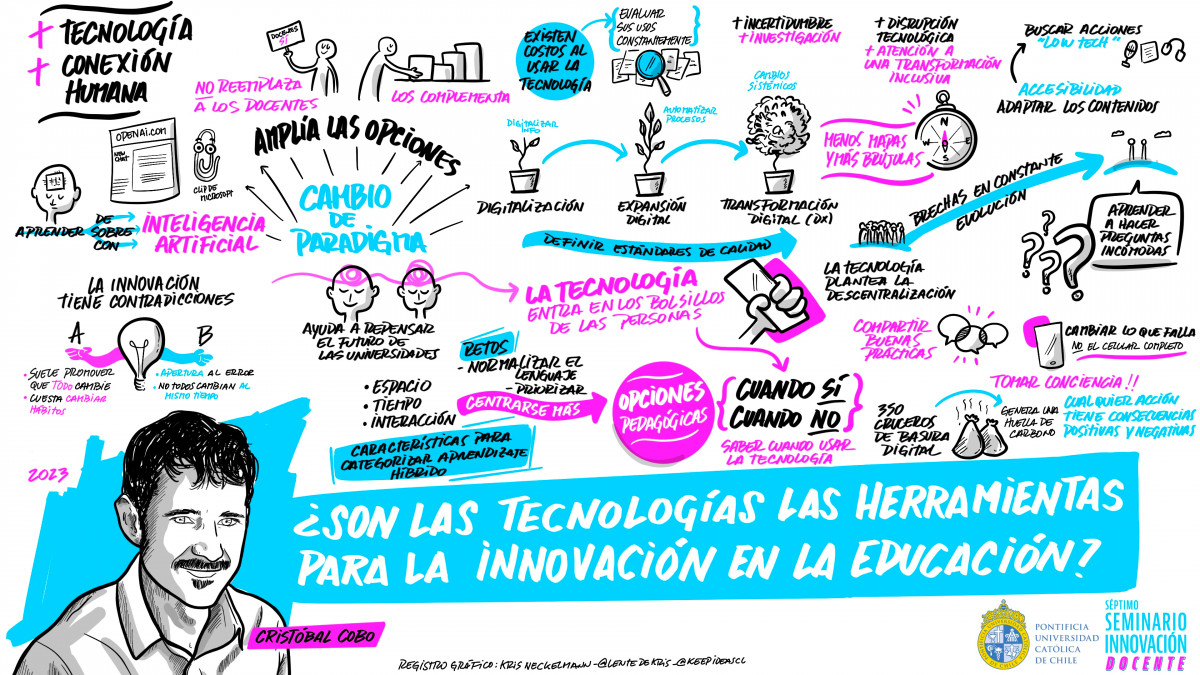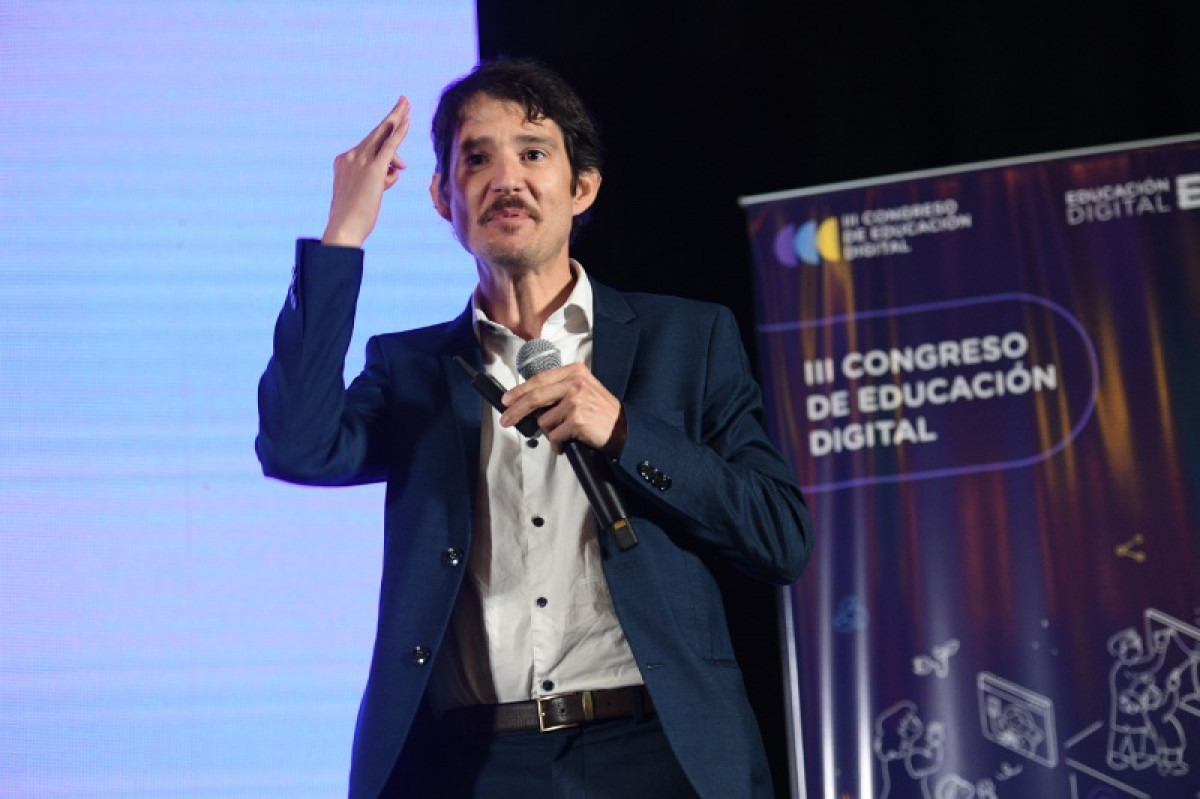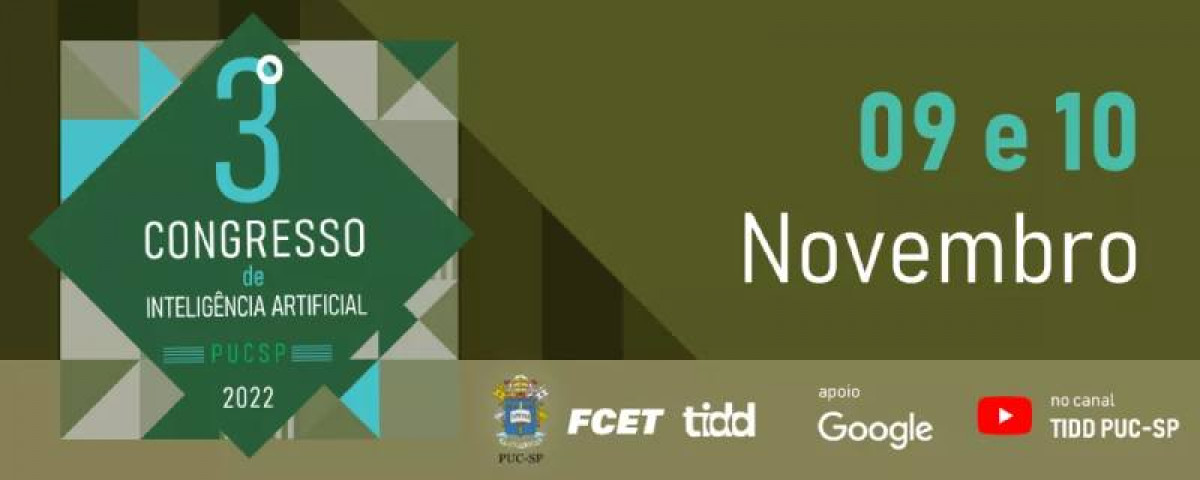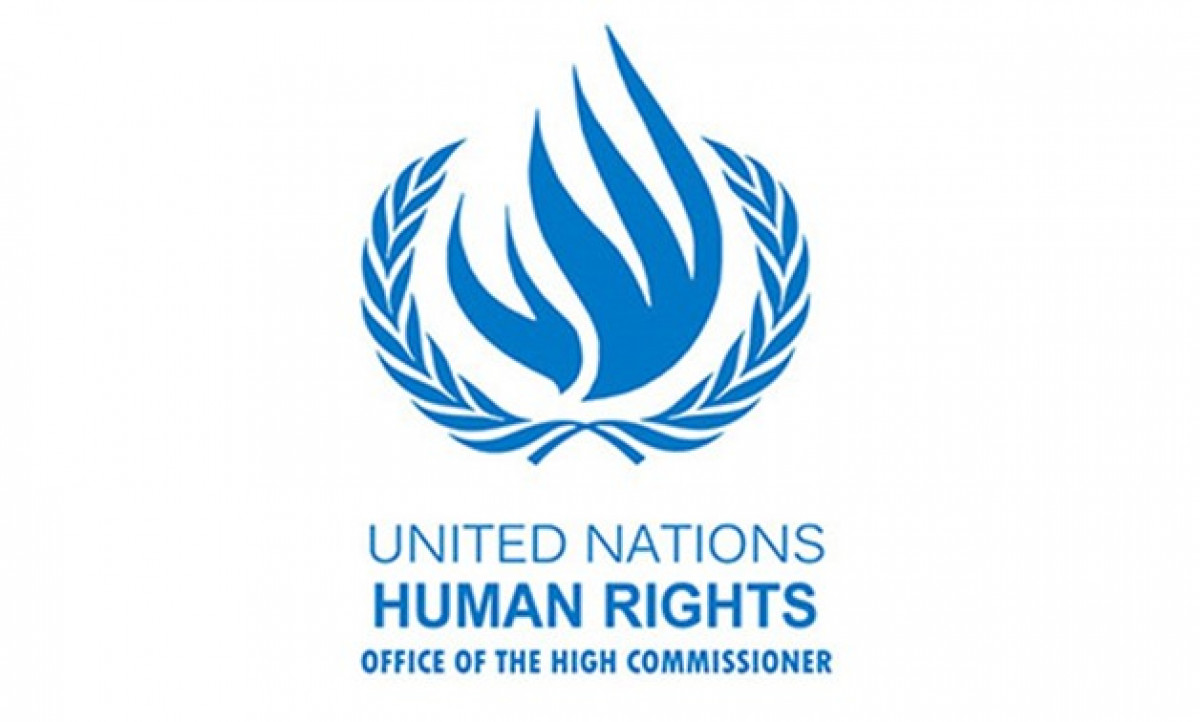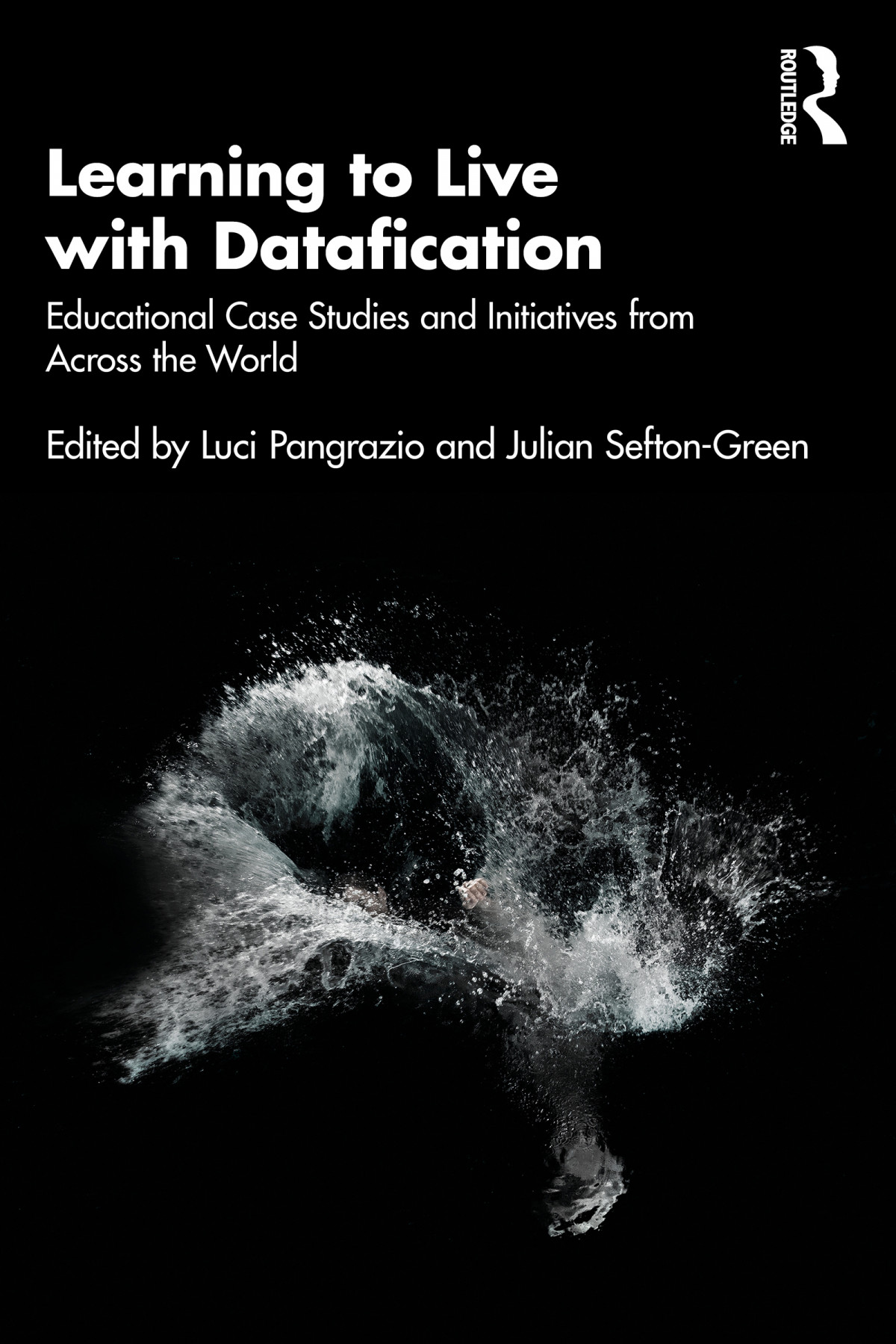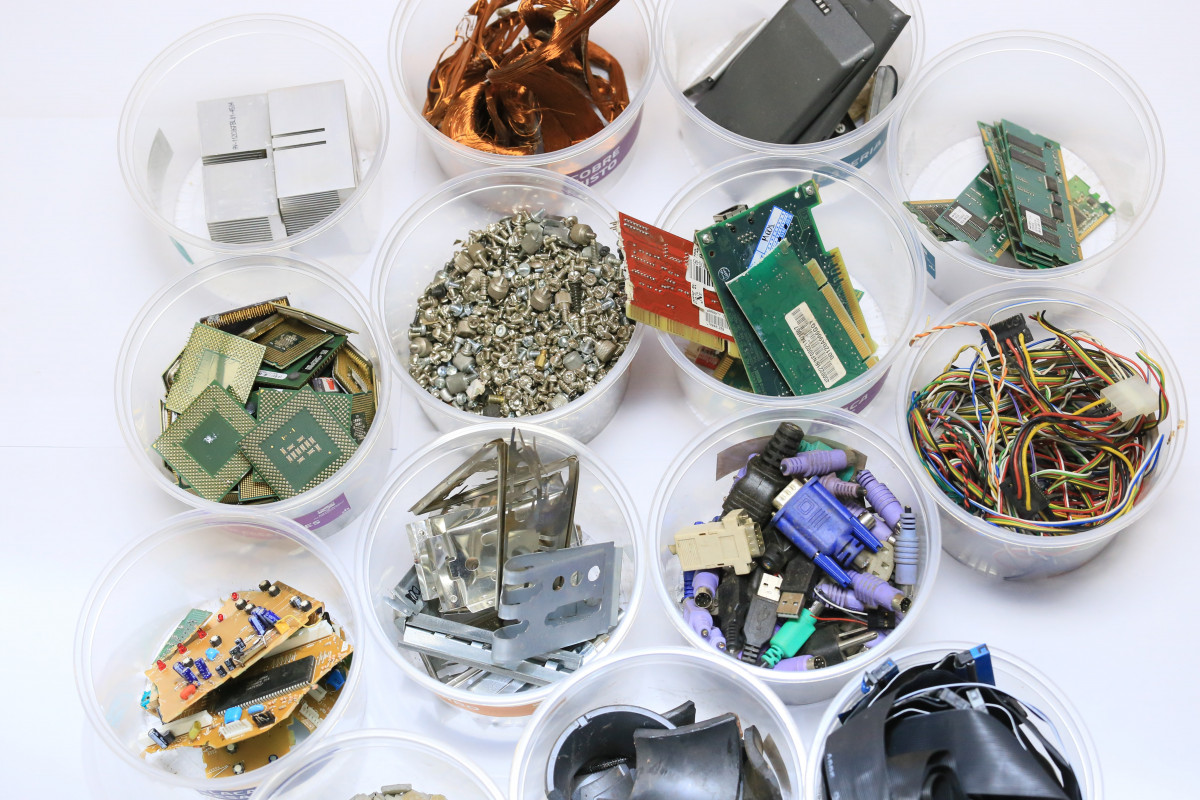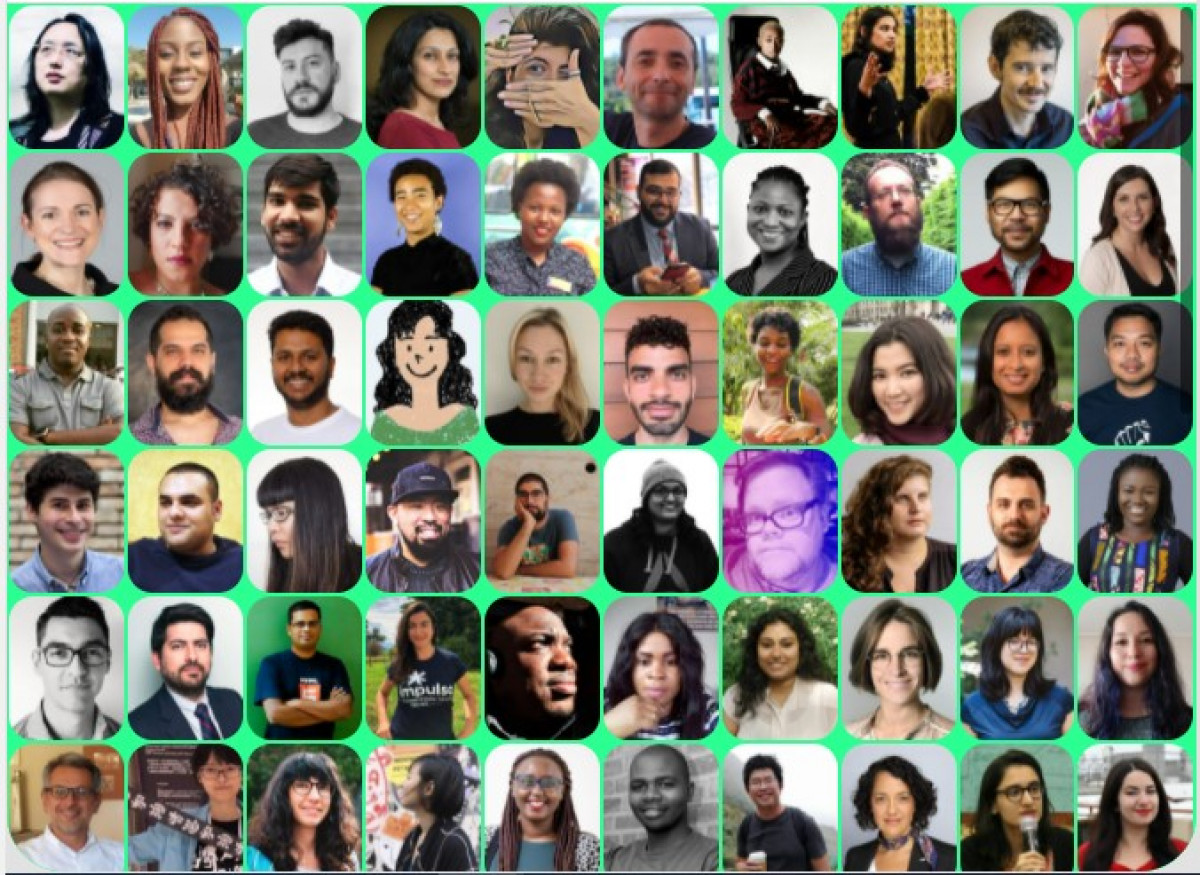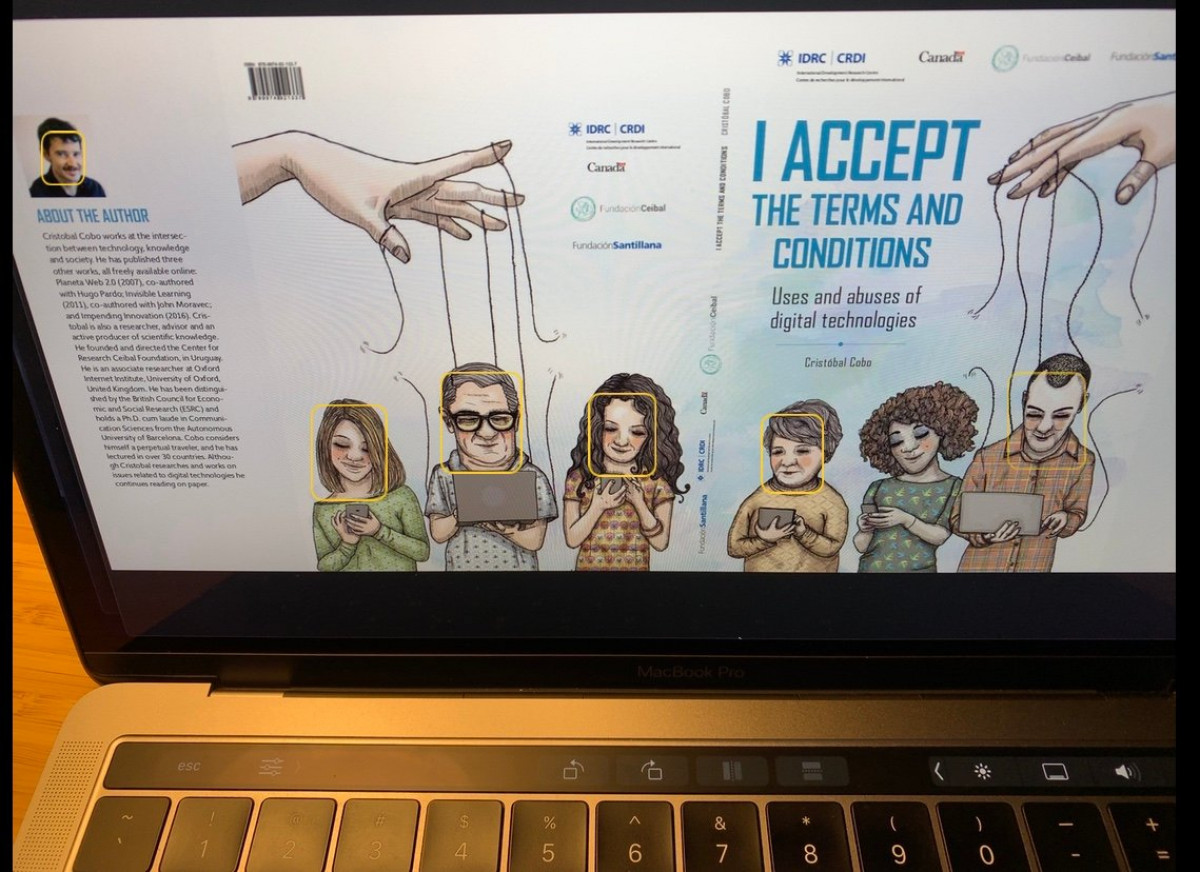Título de la conferencia: “¿Son las tecnologías una herramienta para la innovación en la educación?” durante el Seminario de Innovación en Docencia organizado por la Vicerrectoría Académica y el Centro de Desarrollo Docente (CDDoc) de la Pontificia Universidad Católica de Chile. “Una de las preocupaciones que tengo es que este tipo de herramientas, que hoy en día se usa cada vez más para acciones como la corrección ortográfica o supervisión de exámenes en línea, por ejemplo, si no entendemos cómo funcionan y cuáles son los algoritmos que hay detrás, se puede caer en una sobre confianza que nos puede llevar a cometer errores, o falsos positivos”, advirtió el expositor.
Blog
Conferencia magistral durante la tercera edición del Congreso de Educación Digital, la propuesta contó con 12 paneles, 15 talleres, 27 expositores/as, más de 600 asistentes presenciales y 2700 vía streaming. Se abordaron tres ejes temáticos vinculados a la Educación Digital: sustentabilidad, trabajo y futuro.
IA e Educação, Cristobal Cobo (Palestrante) * O 3º Congresso de Inteligência Artificial (Faculdade de Ciências Exatas e Tecnologia / PPG em Tecnologias da Inteligência e Design Digital, Pontifícia Universidade Católica de São Paulo) tem o objetivo de incentivar o desenvolvimento de Projetos científicos - acadêmicos que contemplem o campo da Inteligência Artificial, com foco em novas tecnologias, em aplicações e ou investigações sobre seus impactos sociais e éticos.
"...The digitalization of education should be geared towards a better implementation of the right to education for all, where it is demonstrated that it brings a significant added value. In this regard, it is important to understand the profit-driven agenda of digital technology lobbyists and companies. In addition, the digitalization of education should not increase inequalities and benefit already privileged segments of societies only or lead to violations of other human rights within education, in particular the right to privacy...."
¿Cuál es el papel de la política educativa en esta nueva etapa de tecnología digital basada en plataformas? ¿Dónde está la evidencia de que los alumnos aprenderán (o están aprendiendo) mejor, más rápido o de manera más eficiente utilizando estas plataformas? ¿Quién y cómo debe adoptar y administrar estas plataformas? ¿Cómo transformarán los códigos éticos, pedagógicos y sociológicos del aprendizaje?
[EN] Here is a compilation of the joint publications (chapters, global reports, studies) elaborated or published during the last year or so. Most of them discuss the role of digital technologies, education policies, the impact of COVID in education, remote learning, privacy, among others. [SP] Aquí una compilación de las publicaciones conjuntas (capítulos, informes globales, estudios) elaboradas y publicadas durante el último año. En la mayoría exploramos el papel de las tecnologías digitales, las políticas educativas, el impacto del COVID en la educación, el aprendizaje remoto, la privacidad, entre otros.
Esta breve presentación ofrece una síntesis de algunas de las investigaciones recopiladas en los últimos meses sobre el impacto del aprendizaje remoto en el aprendizaje; pero también propone algunas ideas para pensar en nuevas oportunidades para transformar los sistemas educativos actuales.
During the pandemic digital technologies allowed us to save endless hours of transportation, commuting, for work, shopping or leisure. This post explores whether digital technologies are carbon footprint neutral or not? What is the environmental impact of using phones, streaming or sending an email? What is important to know and what actions can be taken? It is important that individuals, societies, and governments are mindful of the existing digital footprint. Increasing awareness in this field can be a game-changer. Think about how you can help.
Mozilla Foundation asked 100+ people to share a healthy and unhealthy moment for the internet around the world... here what their voices....
The open-access eBook: I accept the terms and conditions: Uses and abuses of digital technologies, published by IDRC and Ceibal Foundation. Available in English and Spanish (Spanish version published by Santiallana Foundation). This book questions the purported neutrality of technology. They explore the extent to which the algorithms that give life to digital tools become the new oracle, the interface of connection with reality—a reality modified to satisfy the interests of a few. In this scenario, states are late to the discussion and the population at the individual level lacks the tools to regulate and manage their digital lives. It is crucial to understand the limitations of the current era and to take account of the fact that artificial stupidity (resulting from systems offering poor or bad information in an automated fashion) can be more dangerous than the lack of timely information. Today, it is necessary to develop an improved understanding of the meaning of critical digital literacy so that digital citizens can help make sense of, and act on, the new rules of the game.
